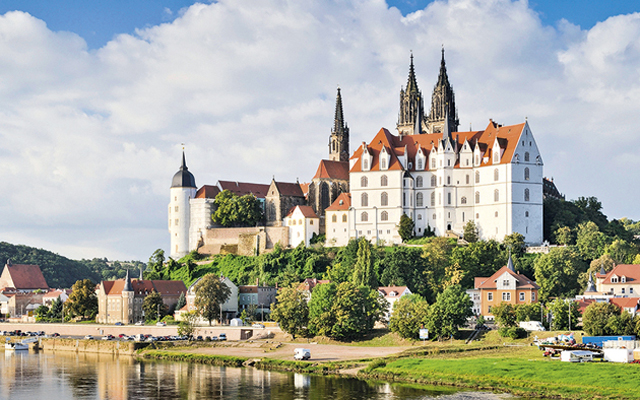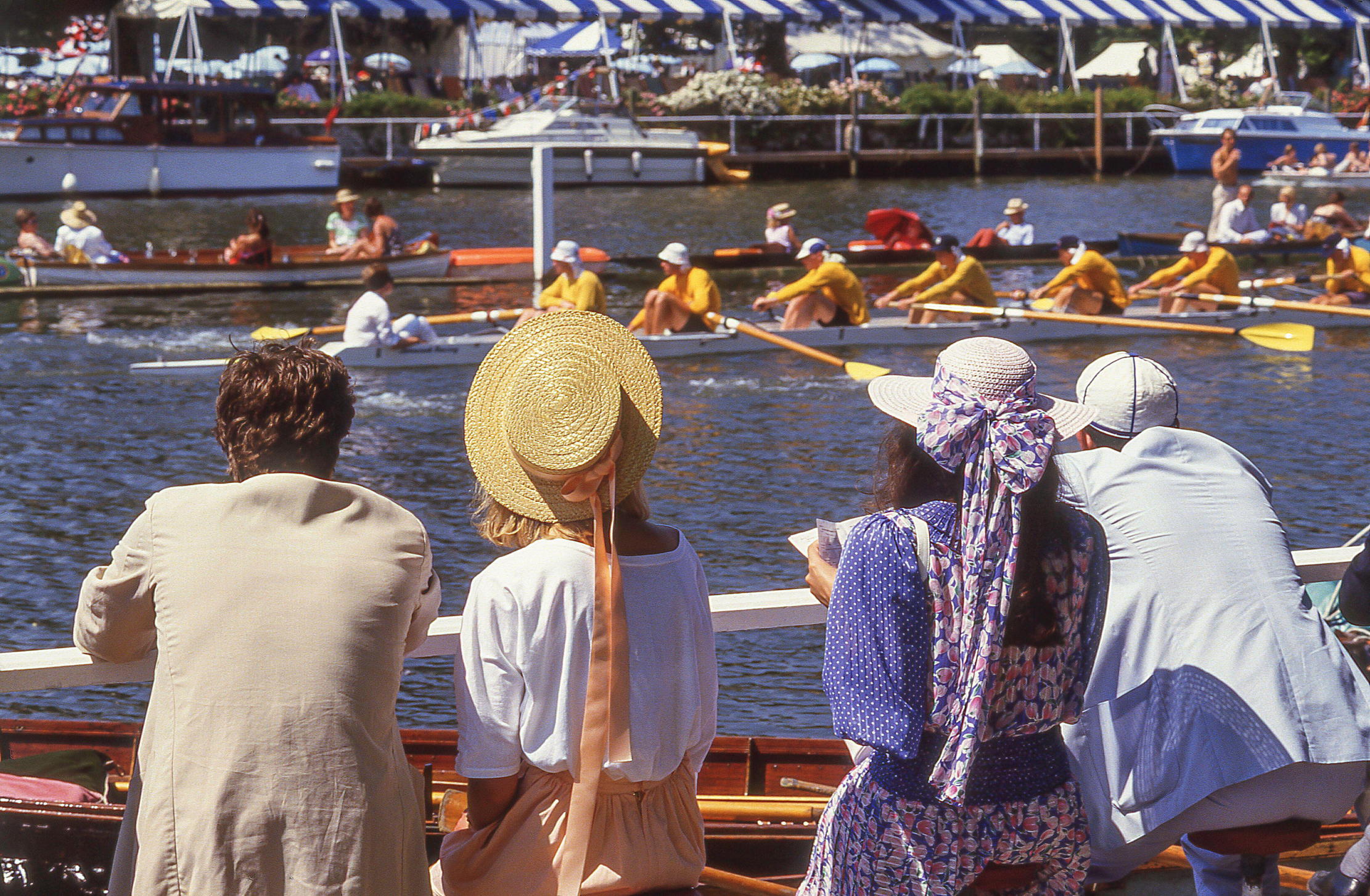The White Road: A Pilgrimage of Sorts by Edmund de Waal
History, travel and the decorative arts are combined in this new book by the award-winning potter. Ysenda Maxtone Graham is engrossed.


The White Road: A Pilgrimage of Sorts by Edmund de Waal (Chatto & Windus, £20 *£16.50)
Edmund de Waal has a way of making you care about handmade ceramics in a way no other writer does. He did it first in The Hare with Amber Eyes, the story of his family’s wartime trauma through the prism of a collection of Japanese netsuke. Reading that book, I remember feeling the netsuke in the palm of my hand, so beautifully did he describe them.
Now, I have felt white shards of porcelain, breathed in the dust, lived the lives of pottery pioneers, felt the intense heat of the kiln and cared about 18th-century cups with handles more than I ever thought I could.
The best writers imagine their readers and make it a priority not to bore them. Mr de Waal is one of these. He knows that a history of porcelain could be hard going for many a reader, although it happens to be his lifelong passion: he started making pots at the age of five and worked his way through early failure to great success as an artist. So, how does he manage not to bore us?
He uses the Alain de Botton technique of writing in short paragraphs with deep line spaces between them, which beckon you on through the prose. There’s always an end in sight and the next deeply observed vignette to draw you on. He writes in the present tense and takes you with him round the world, onto white hillsides, forcing you to care about the men who gave up their lives in the exhausting quest to make perfect porcelain out of the best white clay.
Some might find his prose style pretentious and there are times when he skates close to this. He is an artist, after all, and artists do say things such as ‘You put a pot down and the space around it changes’. There are perhaps too many sentences beginning with ‘And’ and one too many mentions of the poet Wallace Stevens. But, for me, the author stays on the right side of the pretentiousness gulf thanks to the wit and charm of his prose.
He’s also self-deprecating about his own start as a potter, describing the ‘needy’ pots he made in his early twenties. To him, pots have human traits: some are ‘aspirational’, some are ‘earnest’ and some ‘unembarrassed’.
Sign up for the Country Life Newsletter
Exquisite houses, the beauty of Nature, and how to get the most from your life, straight to your inbox.
He mingles the past with the present, so his description of a trip to Jingdezhen, the huge Chinese ‘city of porcelain’, is a highly readable mixture of porcelain history and contemporary travel, complete with traffic jams and horrible cups of coffee. Here, we meet the first of the five or six heroes of the book, Père d’Entrecolles, a Jesuit priest who was posted to Jingdezhen in the 1720s and wrote about the porcelain manufacture already going on there.
Then, Mr de Waal takes us to Germany and his next heroes, a mathematician called Tschirnhaus and an orphan boy called Böttger, and we live their long, hot, frustrating, semi-imprisoned decades as they try and fail and try and fail to make porcelain. Tschirnhaus dies two days after making the first white, translucent vessel in 1708 and there’s a photograph of his notes written on the day, with the key words ‘album et pellucidum’, white and transparent.
Next, we go to England, first to Cornwall with William Cook worthy, Quaker, pharmacist and potter, followed by Bristol with Richard Champion and then to the Potteries with Josiah Wedgwood and factories full of working children. Each time, Mr de Waal draws us into a story, each with a potter and his hopes and dreams at the centre.
There’s a fascinating section about porcelain manufacture during the Third Reich. The Allach Porcelain Factory was inside Dachau concentration camp, churning out Nazi-approved items: for Himmler, the whiteness of porcelain symbolised cleanness and purity. All in all, a great deal to think about and my eyes certainly did not glaze over amid all this glaze.
To order any of the books reviewed or any other book in print, at discount prices* and with free p&p to UK addresses, telephone the Country Life Bookshop on 0843 060 0023 or visit www.countrylife.co.uk/bookshop. Or send a cheque/postal order to the Country Life Bookshop, PO Box 60, Helston TR13 0TP. For overseas readers, telephone 01326 569444 or email sales@sparkledirect.co.uk *See individual reviews for CL Bookshop price.
Country Life is unlike any other magazine: the only glossy weekly on the newsstand and the only magazine that has been guest-edited by HRH The King not once, but twice. It is a celebration of modern rural life and all its diverse joys and pleasures — that was first published in Queen Victoria's Diamond Jubilee year. Our eclectic mixture of witty and informative content — from the most up-to-date property news and commentary and a coveted glimpse inside some of the UK's best houses and gardens, to gardening, the arts and interior design, written by experts in their field — still cannot be found in print or online, anywhere else.
-
 380 acres and 90 bedrooms on the £25m private island being sold by one of Britain's top music producers
380 acres and 90 bedrooms on the £25m private island being sold by one of Britain's top music producersStormzy, Rihanna and the Rolling Stones are just a part of the story at Osea Island, a dot on the map in the seas off Essex.
By Lotte Brundle
-
 'A delicious chance to step back in time and bask in the best of Britain': An insider's guide to The Season
'A delicious chance to step back in time and bask in the best of Britain': An insider's guide to The SeasonHere's how to navigate this summer's top events in style, from those who know best.
By Madeleine Silver